Euclid's Elements: A Commentary on the First Book of Euclid's Elements
By Euclid
Category
MathRecommended by
"Euclid's Elements" is a foundational work in the field of mathematics, attributed to the ancient Greek mathematician Euclid. This influential treatise, composed around 300 BCE, is divided into 13 books and covers a broad range of mathematical topics.
The book begins with fundamental definitions and assumptions, establishing the basis for Euclidean geometry. Euclid systematically builds upon these foundations, presenting proofs and theorems that explore the properties of plane and solid figures, such as triangles, circles, and polyhedra.
Throughout the text, Euclid introduces various geometric concepts, such as the Pythagorean theorem, which relates the sides of a right triangle, and the concept of similarity, which compares the proportions of different figures. He also examines the relationships between angles, lines, and areas, employing logical reasoning and deductive techniques.
In addition to geometry, "Euclid's Elements" touches upon number theory, specifically the study of prime numbers and the Euclidean algorithm for finding the greatest common divisor of two numbers. The book concludes with a proof of the infinity of prime numbers.
Renowned for its rigorous structure and clarity, "Euclid's Elements" remains a significant contribution to mathematics and logic. Its influence extends beyond ancient times, shaping the development of Western mathematics for centuries and providing a solid framework for the study of geometry even to this day.
The book begins with fundamental definitions and assumptions, establishing the basis for Euclidean geometry. Euclid systematically builds upon these foundations, presenting proofs and theorems that explore the properties of plane and solid figures, such as triangles, circles, and polyhedra.
Throughout the text, Euclid introduces various geometric concepts, such as the Pythagorean theorem, which relates the sides of a right triangle, and the concept of similarity, which compares the proportions of different figures. He also examines the relationships between angles, lines, and areas, employing logical reasoning and deductive techniques.
In addition to geometry, "Euclid's Elements" touches upon number theory, specifically the study of prime numbers and the Euclidean algorithm for finding the greatest common divisor of two numbers. The book concludes with a proof of the infinity of prime numbers.
Renowned for its rigorous structure and clarity, "Euclid's Elements" remains a significant contribution to mathematics and logic. Its influence extends beyond ancient times, shaping the development of Western mathematics for centuries and providing a solid framework for the study of geometry even to this day.
Share This Book 📚
More Books in Math

Factfulness
Hans Rosling

Fooled By Randomness
Nassim Nicholas Taleb
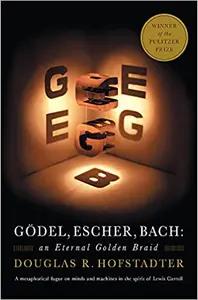
Gödel, Escher, Bach
Douglas R. Hofstadter

Infinite Powers
Steven Strogatz
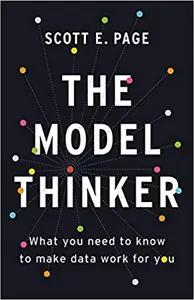
The Model Thinker
Scott Page
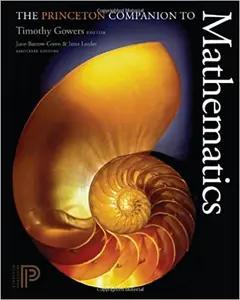
The Princeton Companion to Mathematics
Timothy Gowers

The Signal and the Noise
Nate Silver

A Mathematician's Apology
G. H. Hardy

A Mathematician's Lament
Paul Lockhart
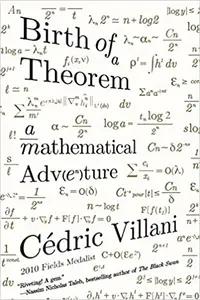
Birth of a Theorem
Cédric Villani
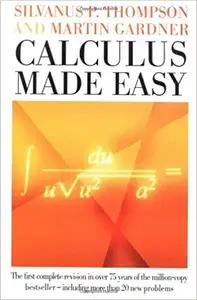
Calculus Made Easy
Silvanus P. Thompson

Euclid's Elements
Euclid

How Nature Works
Per Bak

How To Lie With Statistics
Darrell Huff
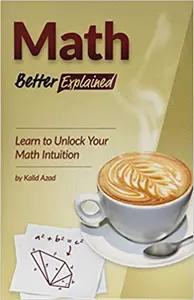
Math, Better Explained
Kalid Azad
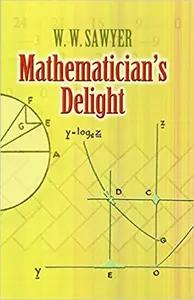
Mathematician's Delight
W. Sawyer
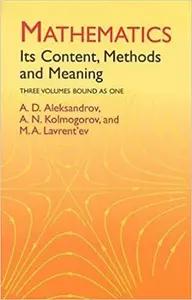
Mathematics
A.D. Aleksandrov

Naked Statistics
Charles Wheelan
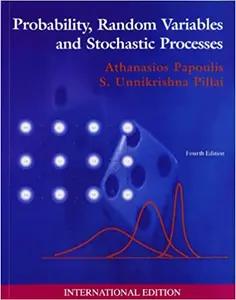
Probability, Random Variables and Stochastic Processes
Athanasios Papoulis
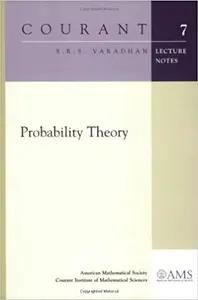
Probability Theory
S.R.S. Varadhan
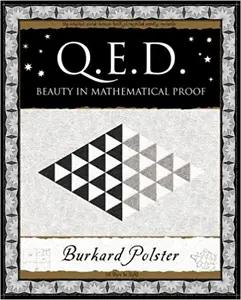
Q.E.D.
Burkard Polster

Statistical Consequences of Fat Tails
Nassim Taleb
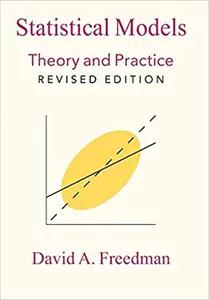
Statistical Models
David A. Freedman

The Blank Swan
Elie Ayache
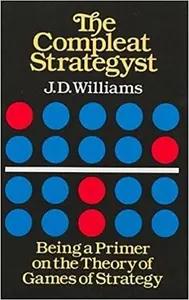
The Compleat Strategyst
J. D. Williams
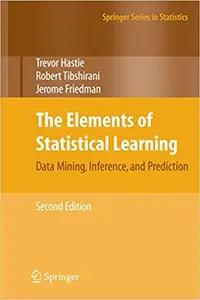
The Elements of Statistical Learning
Trevor Hastie

The Mathematics of Politics
E. Arthur Robinson

The Perfect Bet
Adam Kucharski
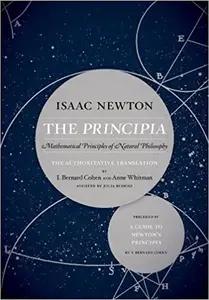
The Principia
Isaac Newton
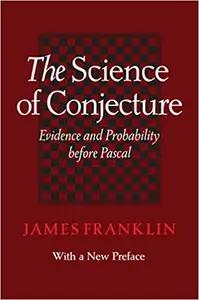
The Science of Conjecture
James Franklin
Popular Books Recommended by Great Minds 📚

Poor Charlie's Almanack
Charlie Munger

Principles for Dealing With The Changing World Order
Ray Dalio

Brotopia
Emily Chang
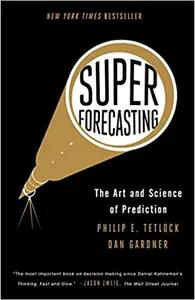
Superforecasting
Philip Tetlock

The Power of Habit
Charles Duhigg

Shoe Dog
Phil Knight
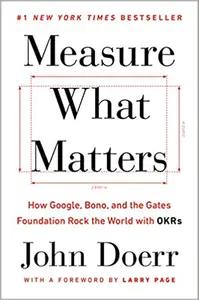
Measure What Matters
John Doerr

When Genius Failed
Roger Lowenstein

Crossing the Chasm
Geoffrey Moore

American Kingpin
Nick Bilton

Destined For War
Graham Allison

The Ascent of Money
Niall Ferguson

The Undoing Project
Michael Lewis

Dune
Frank Herbert

Surely You're Joking Mr. Feynman
Richard Feynman

High Output Management
Andrew Grove

Range
David Epstein

The Dao of Capital
Mark Spitznagel

Guns, Germs, and Steel
Jared Diamond

The Psychology of Money
Morgan Housel

Einstein
Walter Isaacson

The Ride of a Lifetime
Bob Iger

Loonshots
Safi Bahcall

The Hitchhikers Guide to the Galaxy
Douglas Adams

The Moment of Lift
Melinda Gates

Influence
Robert Cialdini

Lying
Sam Harris

Behave
Robert Sapolsky

Homo Deus
Yuval Noah Harari

Who We Are and How We Got Here
David Reich